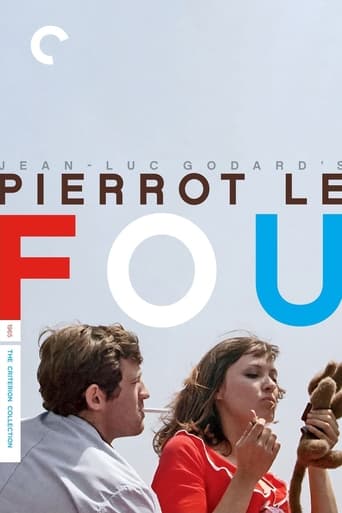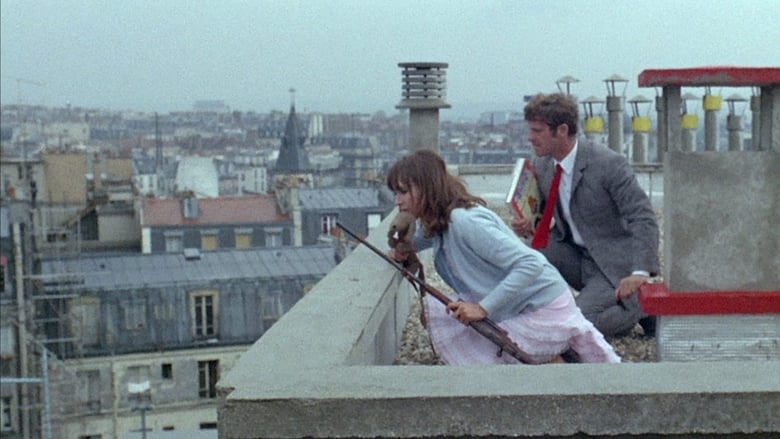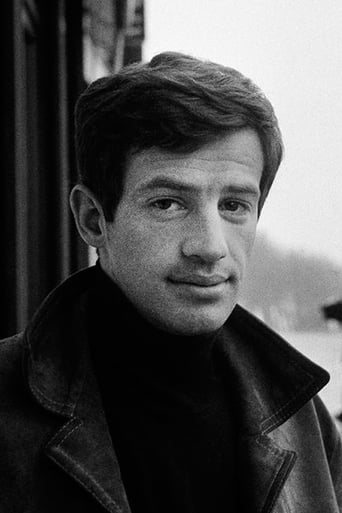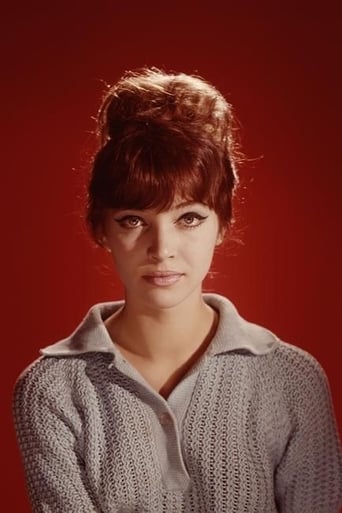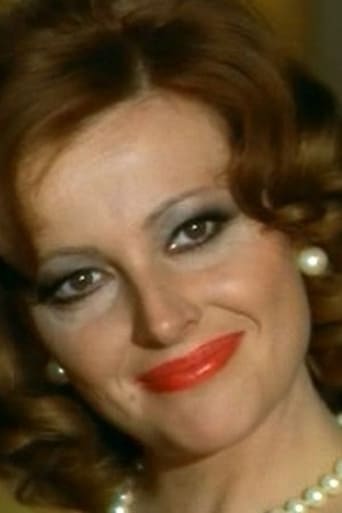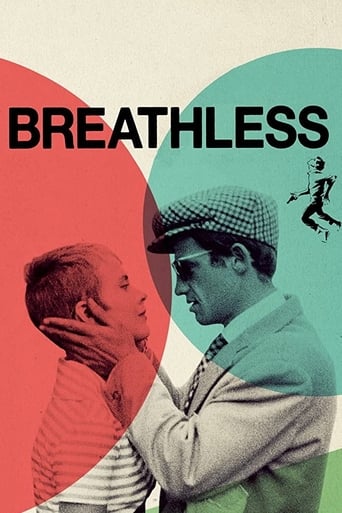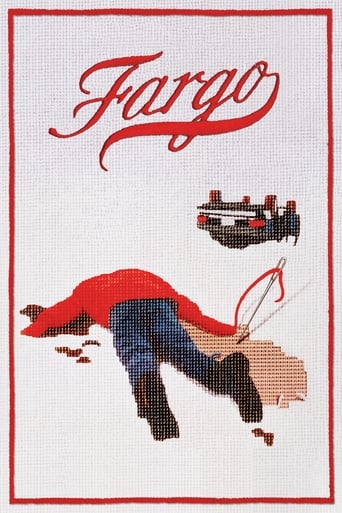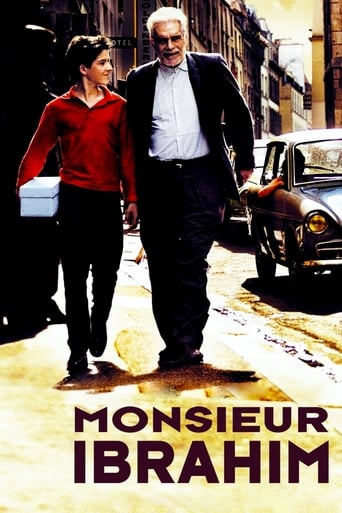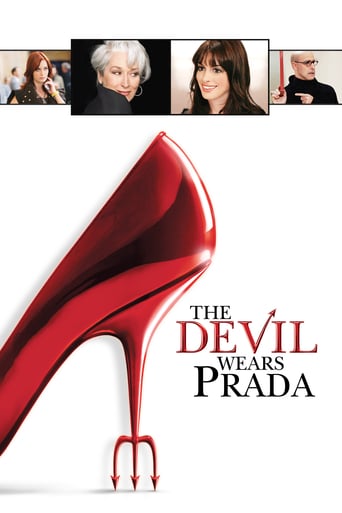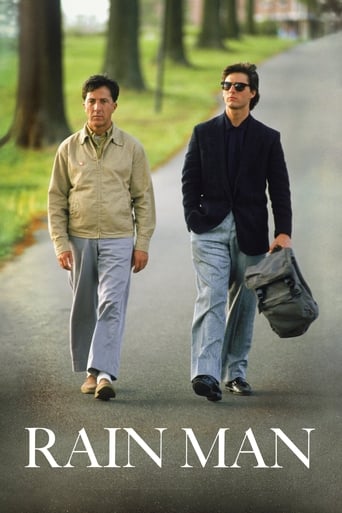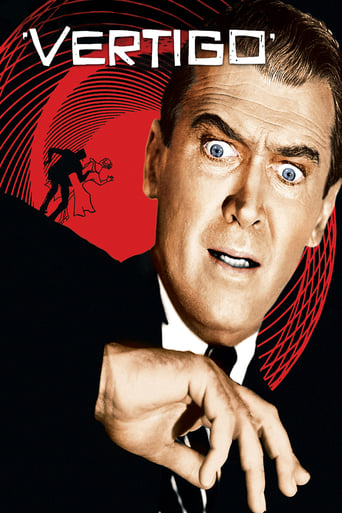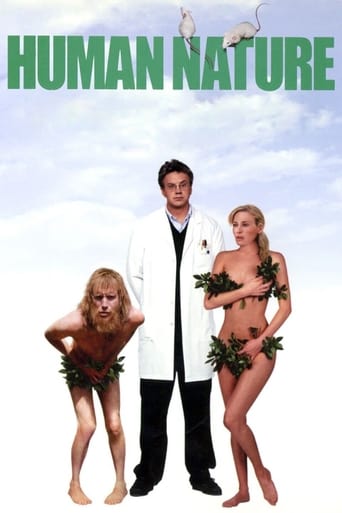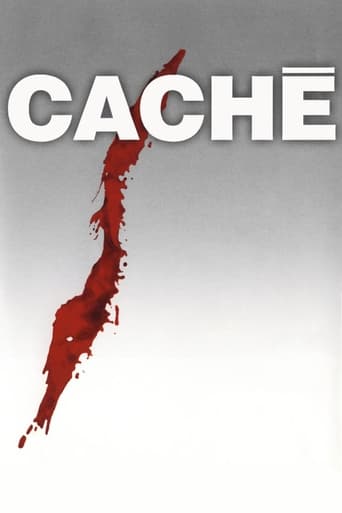Pierrot le Fou (1965)
Pierrot escapes his boring society and travels from Paris to the Mediterranean Sea with Marianne, a girl chased by hit-men from Algeria. They lead an unorthodox life, always on the run.
Watch Trailer
Free Trial Channels
Cast


Similar titles
Reviews
disgusting, overrated, pointless
Boring
I am only giving this movie a 1 for the great cast, though I can't imagine what any of them were thinking. This movie was horrible
Worth seeing just to witness how winsome it is.
Director Jean-Luc Godard has always been a baffling and enigmatic figure to yours truly. Considered one of the most important figures in film history, Godard's reputation doesn't help when many a film student sits down to watch Breathless (1960) for the first time. While I have only seen three of his films, each one showcases the talent of an artist, very purposely engaging with his audience in new and interesting ways. While his projects may be alienating to most, you have to admit his imagery sticks with the viewer long after the credits roll. Whether it be the shuttered, moody apartments of Alphaville (1965) or the extended chaos of the "carmageddon" in Weekend (1967), there's just something both literate and literal that immerses the curious mind to play along if only to see where he's going.Pierrot le Fou is said to be one of Godard's last early-career masterpieces, before going off the radical deep-end. It brings to the screen the auteur's wry suspicion towards bourgeois complacency, an eye towards the garish, and an almost giddy sense of humor. French star Jean-Paul Belmondo plays Ferdinand the Pierrot (roughly translated to Ferdinand the sad clown). Unhappy with his trite existence as an obedient husband, doting father and successful ad man, Pierrot runs away with his mistress Marianne (Karina). The two make their way to the south of France, borrowing and stealing their new found life from those absent enough to be taken advantage of. Meanwhile the two are being chased by a duo of mobsters who are hoping to recover money the couple have stolen.The film is very roughly based on the novel "Obsession" by Lionel White. Known for stylized pulp fiction, Lionel White's book is about as American as Pierrot le Fou is French. The book is straight- forward, the film is eclectic; the film is intellectual in nature, the book satisfies baser instincts. We've seen this kind of uneasy cross-cultural pollination in many of Godard's work from Breathless hero Michel sporting a Bogart-esque fedora to the Dick Tracy comic- strip pop permeating through Alphaville. In the case of Pierrot le Fou, Godard's love of American iconography is most obvious with a very brief cameo by American auteur Samuel Fuller.As with all of Godard's work, the specifics of the plot are not important or entirely necessary. It is the mode to which the director makes the themes of his story clear. The first thing that grabs the viewer's attention is the color. Pierrot le Fou is Godard's first feature-length color film. In it, he uses a triadic palette to add a layer of pop art sensibility. Almost everything in the film is drenched in loud pigments of red and blue making the entire film resemble a live-action cartoon. Only instead of inviting the viewer into it's colorful world, it purposely alienates you.Godard increases this alienation with elliptical almost Lynch-ian editing and constant character asides that are often political in nature. In one cringe-worthy scene the young Anna Karina yabbers and tongue-clicks while wearing Vietnamese yellow-face to entertain a group of American sailors. While the scene aptly lampoons the Vietnam conflict, it does so in such an aggressively buffoonish way that even audiences of the time likely would have looked on with puzzlement. Then there's the collage-like structure of the film itself, which often goes on long tangents on mass media, socialism, pop culture, violence and the cinematic art form. It's all quite fascinating and Godard wisely infects his high art concepts with a lowbrow sense of humor. The balance reaches a boisterous crescendo when Marianne and Pierrot ditch their car in a mock wreckage...then the film continues for another hour.Out of all the film's I've seen by the master of the Nouvelle Vague, Pierrot le Fou is the best work I've seen, though I'm not sure it's because Godard is an acquired taste or it's truly a better film. It's certainly filled to the brim with awe-inspiring visual ideas and influential storytelling techniques that have become common among the American film intelligentsia. Godard's imaginative use of wordplay, puns and portmanteaus adds yet another layer of sophistication that upon repeated viewings (and a rudimentary understanding of French) can make anyone smirk with satisfaction. Pierrot le Fou is also the director's most accessible film, though certainly not a movie for novices.
Ferdinand, played by Jean-Paul Belmondo, is out of work, bossed around by his rich wife, and bored with his consumerist bourgeois social circle. He is interested only in literature and art, and feels unable to change his life. He falls into an affair with an old flame, Marianne, played by Anna Karina, who turns out to be mixed up in crime, and the two flee across the country. Ferdinand is bookish, self-involved, romantic, and sees everything through the lens of culture; Marianne is practical and given neither to pangs of conscience or intellectual rumination, driven by a love of adventure. They are both driven to each other and unsuited for each other. Ferdinand's running off with her from the beginning exhibits a self-destructive element, a desire to burn down his boring bourgeois life, by killing himself if necessary.Like many of Godard's movies, the movie is the epitome of fun and cool. Both leads are charismatic, photogenic, and make life on the run seem like a desirable state. Even though the plot is basic and even archetypal, the distancing techniques and experimental aspect make it seem fun and fresh. There are musical numbers that are both fun and appropriately dramatize themes, and the same is true of, for example, the random vignette of the sailor obsessed by a tune. The use of primary colors in the set design and the images of the French Riviera are beautiful. If you like Celine, Rimbaud, etc, you may enjoy the extensive reference dropping throughout the movie.The downside of this is that fifty years later the ironic distanced of the movie is no longer such a fresh or promising idea, when nowadays every children's animated movie uses it as an excuse to recycle material that is seen as no longer really relevant by this vagueness as to whether one is serious or not. Even though both characters are unlikable but sympathetic, nevertheless the ending lacks emotional pay-off because how detached one is from the movie that is always presented as a movie. Furthermore, do the extensive cultural references really have a pay off? I think the point might be that all these narrative models we have available to us like gangster movies, love stories, etc, have become trite, but if so, then why would making an escapist movie commenting on them at a meta-level be any better, especially when you could just not make any movie at all? Then, too, the standard French left sixties political posturing feels superficial and unsubtle.Still, this is a fun film and has a feeling of great freedom and spontaneity to it. It is also a nostalgia film now for a bygone era where there were people who felt they were reinventing film and life, that gives one a sense of vicarious optimism and energy.
Regardless of what you will hear from pompous leftist professors in your Film Studies classes, kiddies, Jean-Luc Godard's "Pierrot le Fou" is really nothing more than an egotistical exercise in cinematic masturbation. That would be acceptable for a movie made for private viewing at home, but when it is released in public theaters it also becomes exhibitionism. Of course if you enjoy this kind of voyeurism it might be right up your alley, so to speak. All others should be warned. 'Ooh, look at me,' Godard seems to be saying. 'I'm an artiste, and a philosopher too! Not only can I juxtapose reality with surreality, I can be absurdist as well, with doses of deep Marxist commentary thrown in for good measure! Isn't that like, so cool, and revolutionary?" Uh, no. Not really, Jean-Luc.It is movies like this that give so-called "art house" films and filmgoers a bad name. When I overheard a couple of obnoxious self-styled cineastes analyzing and deconstructing the film afterwards with references to Roland Barthes and Jacques Derrida I almost wanted to puke.The best directors do not purposely draw attention to themselves, their craft or their directing style because they realize that, aside from documentaries, good filmmaking is primarily about one thing - telling a story in the best possible way. If you have to sit through this movie in Film Class bring a barf bag and some NoDoze. To cleanse your cinematic palate when you get home enjoy a movie made by directors like Frank Capra, Preston Sturges or even Clint Eastwood with a bag of popcorn or a box of Raisinets.
A quarter of the way through this film it becomes clear that only about half of what is being said has been translated into captions. Half way through it's apparent that it doesn't matter a whit. Three quarters in you realize that your just watching because Belmondo & Karina are so dang cute and the French language is so very, very musical. If you make it to the end you've learned an important lesson about yourself. Don't ask me what that is, that's your problem.Repeat to make the 10 line quota:A quarter of the way through this film it becomes clear that only about half of what is being said has been translated into captions. Half way through it's apparent that it doesn't matter a whit. Three quarters in you realize that your just watching because Belmondo & Karina are so dang cute and the French language is so very, very musical. If you make it to the end you've learned an important lesson about yourself. Don't ask me what that is, that's your problem.

